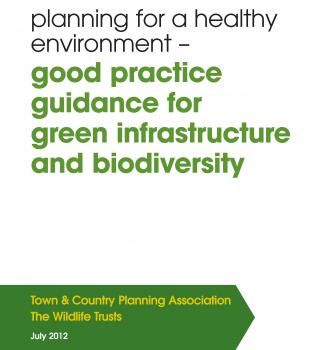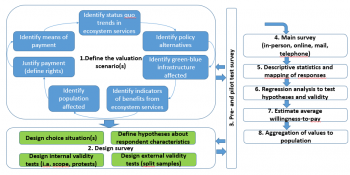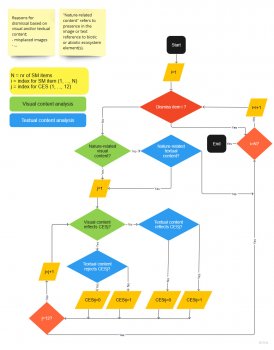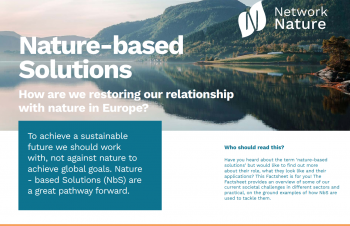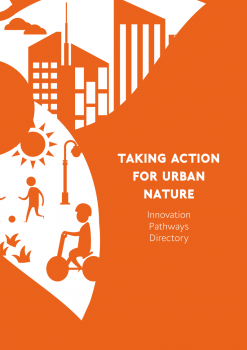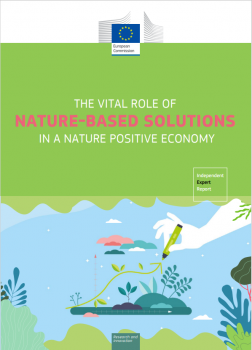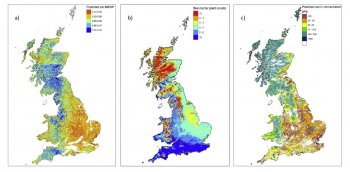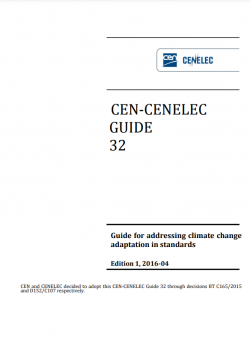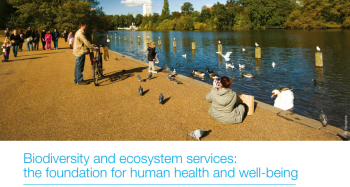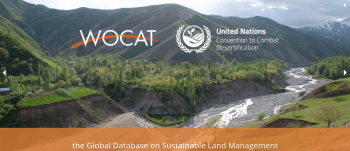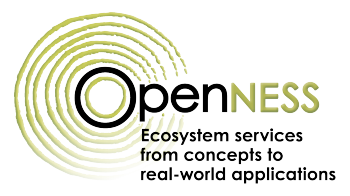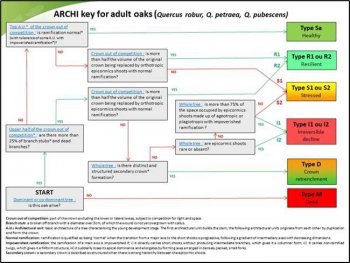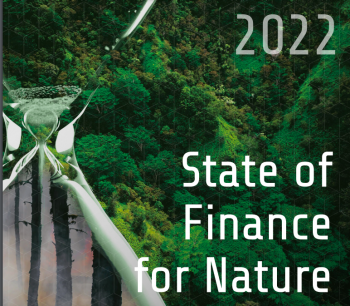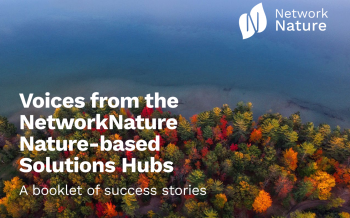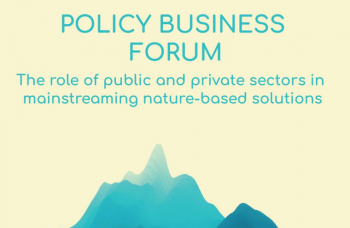Marketplace
Helping Ecosystems in Europe to adapt to climate change
This report summarises much of the work done by, and for, the Climate Change Group of the European Network of Heads of Nature Conservation Agencies (ENCA) between 2011 and 2013.
Planning for a healthy environment - good practice guidance for green infrastructure and biodiversity
This guidance is designed to offer advice to planning practitioners on how green infrastructure and biodiversity can be enhanced and protected through the planning system. It summarises the latest policy drivers and distils the best of our current policy responses. It also sets out practical
Method Factsheet - Stated Preference Valuation Methods
Stated preference valuation is family of techniques which use individual respondents' statements about their preferences to estimate change in utility associated with a proposed increase in quality or quantity of an ecosystem service or bundle of services. Respondents are presented with one or
Standard Protocol for the Classification of Cultural Ecosystem Services through Social Media data
Collectively designed standard protocol for coding CES from crowdsourced data. It includes the following files and a video tutorial to facilitate its implementation by other researchers: - Protocol.doc: a document with the general instructions on the procedure for coding; - Annex 1. CES coding.
AlpES - Alpine Ecosystem Services
The AlpES project's overall objective is to introduce ecosystem services as a regional/transnational environmental governance framework and train and support the AlpES target groups in understanding, valuing and managing them.
NetworkNature Factsheet - Nature-based solutions: are we restoring our relationship with nature in Europe?
To achieve a sustainable future, we should work with, not against nature to achieve global goals. Nature-based solutions are a great pathway forward. This Factsheet was produced by NetworkNature to provide an overview of some of our current societal challenges in different sectors and practical
Taking Action for Urban Nature - Innovation Pathways Directory
What are the enabling conditions and driving forces for nature-based solutions in the context of urban sustainability transitions? And how do innovation pathways play a role for nature-based solutions? Innovation pathways are a journey: from the initial idea and its demonstration, to its broader
The vital role of nature-based solutions in a nature positive economy
This report is a first step in addressing knowledge gaps in the potential economic benefits of Nature-Based Solutions (NbS) and the challenges facing NatureBased Enterprises (NBE). Based on extensive consultations, we profile some of the economic activities where NBE are engaged in the delivery of
Identifying effective approaches for monitoring national natural capital for policy use
In order to effectively manage natural resources at national scales national decision makers require data on the natural capital which supports the delivery of Ecosystem Services (ES). Key data sources used for the provision of national natural capital metrics include Satellite Remote Sensing (
Guide for addressing climate change adaptation in standards
This Guide provides guidance on addressing aspects of climate change adaptation in European standardization documents. This Guide is applicable to product (including design), service, infrastructure and testing standards. For the purposes of this Guide, the definition of the term “product” has
The Norwegian Nature Index
Norway's Nature Index is intended to document overall trends for the state of major ecosystems throughout the country, and to provide a readily available overview of whether Norway is making progress towards its goal of halting the loss of biodiversity.
Integration of NBS in local governance contexts and urbanisation trajectories in CONEXUS EU and CELAC cities. Evidence from Barcelona, Buenos, Aires, Bogotá, Lisbon, Santiago, São Paulo and Turin
The present report analyses the current state of integration in Nature-Based Solutions (NBS) governance and planning processes within and across scales and dimensions of all CONEXUS cities: Barcelona, Buenos, Aires, Bogotá, Lisbon, Santiago, São Paulo, and Turin. Different levels of cooperation
Biodiversity and ecosystem services: the foundation for human health and well-being
Human beings are an integral and inseparable part of the natural world. Our existence and health ultimately depends on the integrity and functioning of ecosystems. This URBES factsheet presents research findings and policy recommendations which underline the value of biodiversity and ecosystem
Global Database on Sustainable Land Management: the primary recommended database by UNCCD
The Global Database on Sustainable Land Management (SLM) of WOCAT provides free access to the documentation of field-tested SLM data including SLM practices and maps from different places in the world and offers practitioners the opportunity to share their own SLM practice or map. SLM in the
OpenNESS Synthesis paper: Green infrastructure
Considering the overall goals of the OpenNESS project and its variety of case studies, it is important to have a clear idea about how the concept of green infrastructure can be operationalised in practice, despite its inherent conceptual complexity and ambiguity. The concept of Green Infrastructure
DELIVERABLE 6.1 REPORT Data on SDG/NUA impacts/potentials linked with investment propositions uploaded to OPPLA
This deliverable report presents the finding of T6.1’s research, demonstrating the yet untapped potential of NBS as policy instruments to localise sustainable development commitments and address intertwined societal challenges, from the climate and biodiversity crises to rising inequalities and
Vigil'encre: Participatory science tool for epidemiological surveillance of chestnut ink
An app to diagnoze and report suspected cases with precise information and geolocation data for epidemiological surveillance of Phytophthora, helping in understanding disease distribution and its interactions with drought
State of Finance for Nature 2022 Report
The second edition of the State of Finance for Nature report launched today reveals that nature-based solutions are still significantly under-financed. If the world wants to halt biodiversity loss, limit climate change to below 1.5C and achieve land degradation neutrality by 2030, current finance
Voices from the NetworkNature Nature-based Solutions Hubs - A booklet of success stories
NetworkNature is working to expand the nature-based solutions (NbS) community and provide support for implementing and amplifying NbS. One way we do this is by investing in relationships and working with local partners to grow locally-based networks. This booklet, produced in collaboration with the
The role of public and private sectors in mainstreaming nature-based solutions - PBF 19 April 2021
The Policy Business Forum (PBF) consists of Nature-based Solutions (NbS) experts and knowledgeable stakeholders at the international, European, and national scale. The main aim of the PBF is to explore innovative ways to strengthen the science-policy-business nexus in order to exploit opportunities
- ‹ previous
- 28 of 55
- next ›


